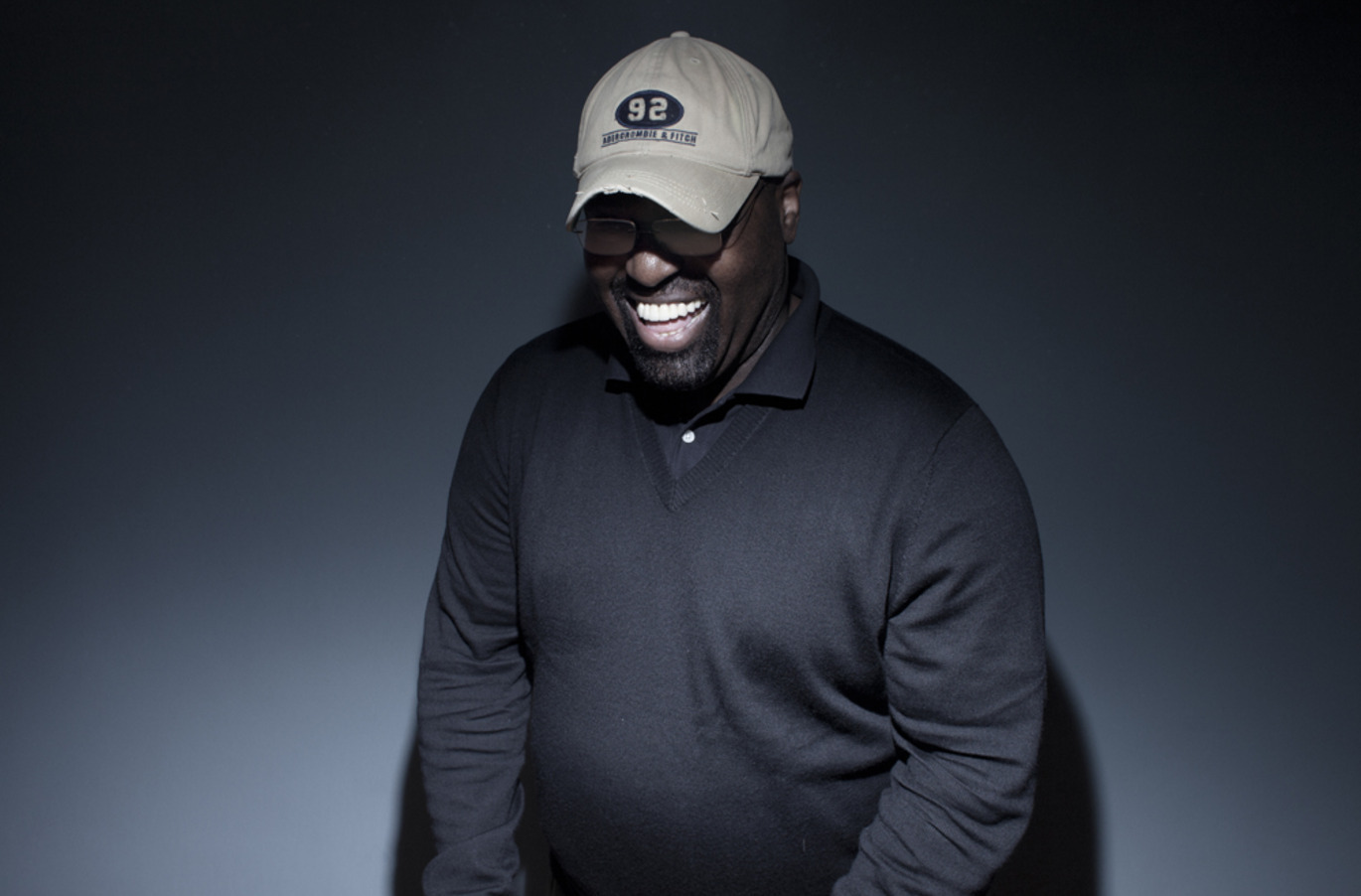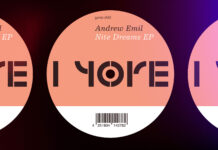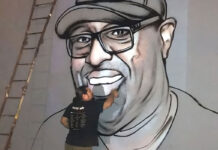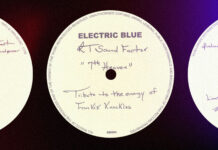They say you shouldn’t be sad that it’s over, but happy that it happened at all. We’re not there yet.
It’s seven years later, and Chicago has still not recovered, and the international house music scene hasn’t recovered from the tragic loss of Frankie Knuckles from our lives. There’s still nobody that’s filled the void or stepped into his place. It was naive to think someone would or could.
Almost before anyone knew what a hashtag was Def Mix used to reference Frankie Knuckles this way: with #FKAlways. The last part is the important part. Always & forever.
I think there are more people today who know the story of Frankie Knuckles — or at least parts of it — than there were when he was still with us. His following has grown exponentially since April 1, 2014. Even when he was alive, the number of people who claimed to have been at The Warehouse would have filled a football stadium, with standing-room-only admission. They weren’t really there but let’s be honest: few of us were and we all wish we had been, born 10 or 20 or 30 years too late, and in the wrong place.
A new generation has discovered Frankie Knuckles and they’ve really gotten it. People who weren’t alive even in the ’90s prize his memory, and that memory almost universally represents good things — values like taste, kindness, a kind of sweetness that you rarely see outside of children. The music industry often does evil but the people in it still cherish the good. That doesn’t speak well for our business but probably speaks well for our souls.
Years ago I remember telling Elbert Phillips (one of a small handful of DJs who opened for Frankie at his residencies on the regular) that I could hear the influence of Frankie in his DJ sets. Not by the music he played or how he played them. His DJ sets didn’t take me on a journey: they told me a story. It had a beginning, a middle and an end and Elbert’s DJ sets, like Frankie’s, felt like they were addressing me personally. More than a name on a flyer or a credit on a remix, that’s how I could trace Elbert’s lineage — that’s the DNA that connects Frankie and his children. You can dance in communion in the biggest room in the most exotic city on Earth, and this is the kind of DJ whose style makes you think they are talking only to you.
Today is Frankie Knuckles Day, when fans who knew him or didn’t, met him or never did post videos from YouTube and SoundCloud to honor the one DJ who insisted he wasn’t bigger than the music but, in death, kind of is. It doesn’t matter if all you know is “The Whistle Song” (or the new remixes of it) or that underground Lou Rawls joint or some white label only you and four other people have ever heard. It’s important to share something that he left behind.
A year after Frankie died, I interviewed Eric Kupper who thought the Director’s Cut material was pretty much all out there. “There’s not as much as you would think,” he said. “There are a few unfinished things that I want to wrap up, but our approach was very much just to make them and put them out. We weren’t sitting on a lot of material when he died. Most of it’s come out.”
But it seems people are digging up new material all the time. It doesn’t feel exploitative, the way the big labels that keep churning out “unreleased sessions” from stars who died young often feel like they’re hustling to exploit the feelings fans have to make a quick buck with inferior product. With Frankie, it feels like praise. We still buy the records, remix the tracks and replay the sets as a way of keeping Frankie a part of our lives and the soul of the architect dwells in the house he built for us.






















[…] TO READ FULL STORY Clik Here! […]
IM One of the few that was actually at 206 S Jefferson and all clubs after
Wish he was still here building!